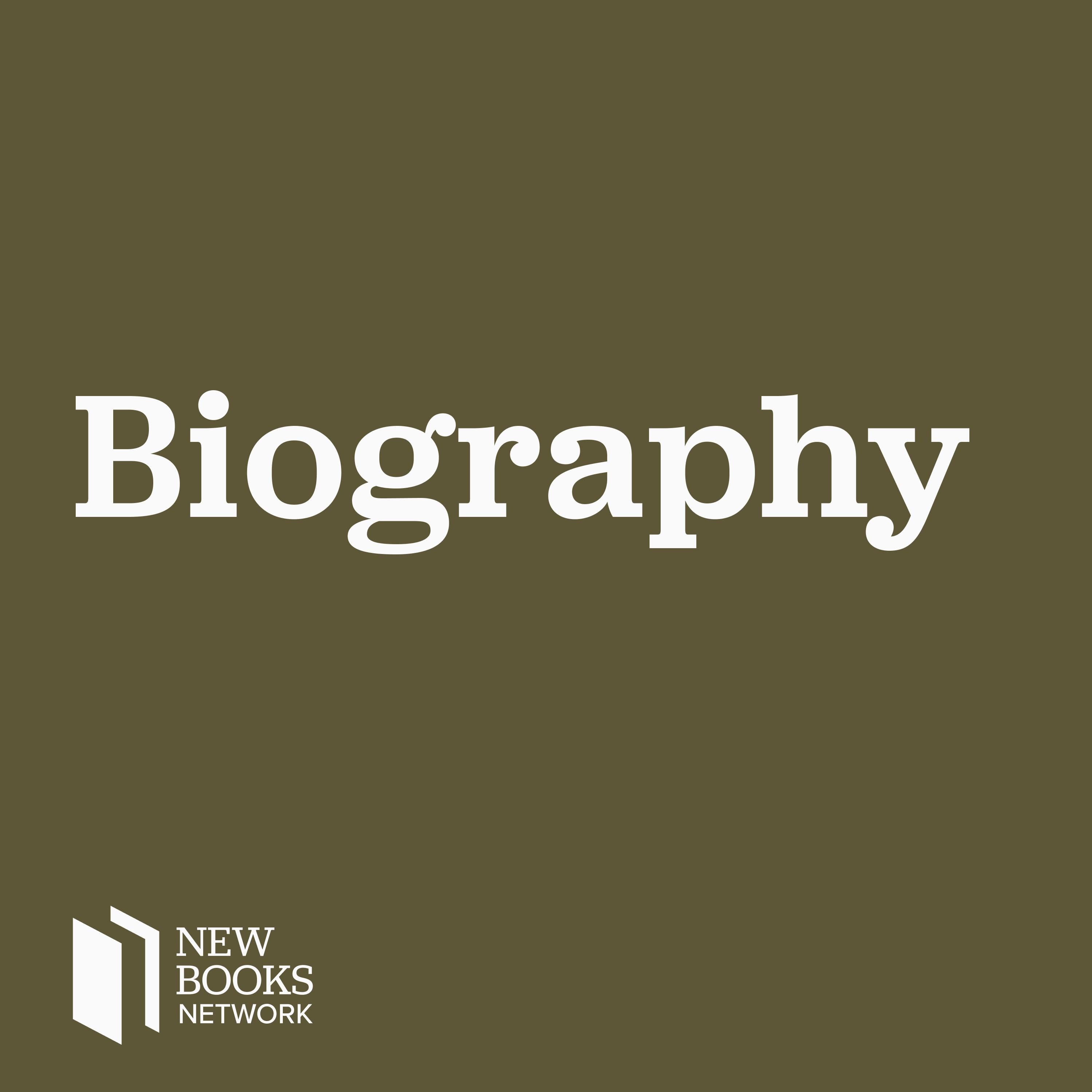Richard Toye, "Winston Churchill: A Life in the News" (Oxford UP, 2020)
Description
Before Winston Churchill made history, he made news. To a great extent, the news made him too. If it was his own efforts that made him a hero, it was the media that made him a celebrity - and it has been considerably responsible for perpetuating his memory and shaping his reputation in the years since his death. Discussing this topic and much more besides in Professor of History at the University of Exeter, Richard Toye, in his wonderful new book Winston Churchill: A Life in the News (Oxford UP, 2020)
Churchill first made his name via writing and journalism in the years before 1900, the money he earned helping to support his political career (at a time when MPs did not get salaries). Journalistic activities were also important to him later, as he struggled in the interwar years to find the wherewithal to run and maintain Chartwell, his country house in Kent. Moreover, not only was journalism an important aspect of Churchill's political persona, but he himself was a news-obsessive throughout his life.
The story of Churchill and the news is, on one level, a tale of tight deadlines, off-the-record briefings and smoke-filled newsrooms, of wartime summits that were turned into stage-managed global media events, and of often tense interactions with journalists and powerful press proprietors, such as Lords Northcliffe, Rothermere, and Beaverbrook. Uncovering the symbiotic relationship between Churchill's political life and his media life, and the ways in which these were connected to his personal life, Professor Toye asks if there was a 'public Churchill' whose image was at odds with the behind-the-scenes reality, or whether, in fact, his private and public selves became seamlessly blended as he adjusted to living in the constant glare of the media spotlight.
On a wider level, this is also the story of a rapidly evolving media and news culture in the first half of the twentieth century, and of what the contemporary reporting of Churchill's life (including by himself) can tell us about the development of this culture, over a period spanning from the Victorian era through to the space age.
Charles Coutinho Ph. D. of the Royal Historical Society, received his doctorate from New York University. His area of specialization is 19th and 20th-century European, American diplomatic and political history. He has written for Chatham House’s International Affairs, the Institute of Historical Research's Reviews in History and the University of Rouen's online periodical Cercles.
Learn more about your ad choices. Visit megaphone.fm/adchoices
Support our show by becoming a premium member! https://newbooksnetwork.supportingcast.fm/biography
More Episodes
Baruch Spinoza (1632–1677) was one of the most important philosophers of all time; he was also one of the most radical and controversial. The story of Spinoza's life takes the reader into the heart of Jewish Amsterdam in the seventeenth century and, with Spinoza's exile from Judaism, into the...
Published 04/22/24
Exploring both his life and legacy, the first full biography of William Sharman Crawford, the leading agrarian and democratic radical active in Ulster politics between the early 1830s and the 1850s.
This biography places the life and ideas of William Sharman Crawford in the context of the...
Published 04/21/24
The engaging memoir of a legendary president of Wellesley College known for authentic and open-hearted leadership, who drove innovation with power and love. The Claims of Life: A Memoir (The MIT Press, 2023) traces the emergence of a young woman who set out believing she wasn’t particularly smart...
Published 04/21/24


